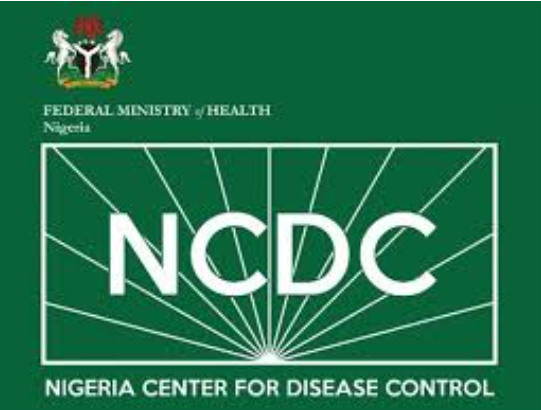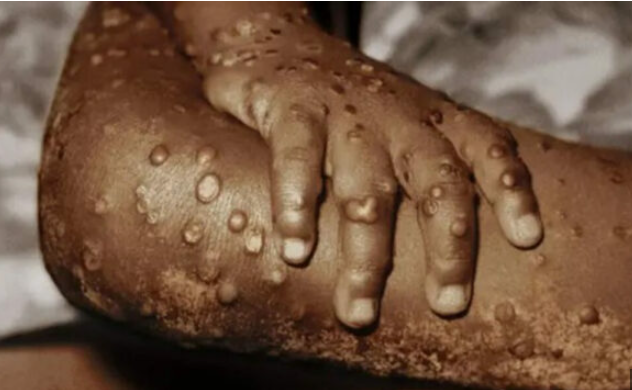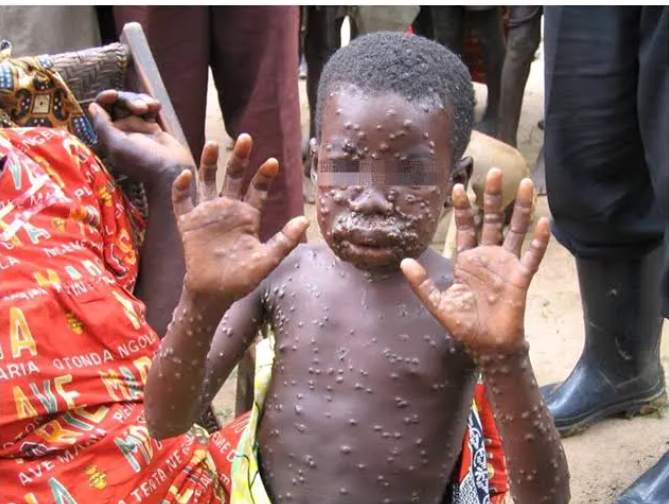By Joke Kujenya
THE NIGERIAN Centre for Disease Control (NCDC) has highlighted a troubling trend: the Mpox outbreak is disproportionately affecting children aged 0-5 years.
The center’s recent update reveals that of the 48 confirmed Mpox cases in Nigeria this year, a significant majority involve young children.
Mpox, which spreads through close contact with infected individuals or contaminated objects, has led to a concerning rise in cases.
During reporting week 34 (August 19-25), Nigeria saw eight new confirmed cases across five states.

This marks an increase from the single confirmed case reported in the previous week.
The number of suspected cases also surged, with 57 new reports in week 34 compared to 25 in week 33.
Overall, Mpox has impacted 20 states and the Federal Capital Territory (FCT), spreading across 35 Local Government Areas.
Since September 2017, the country has documented 4,685 suspected cases and 1,134 confirmed cases, resulting in 17 deaths, predominantly among males (about 70%).
Symptoms of Mpox include high fever, severe headache, swollen lymph nodes, back pain, muscle aches, and a distinctive rash that begins on the face and spreads across the body.

WHO Launches $135M Global Response Plan
In response to the global outbreak, the World Health Organization (WHO) has unveiled a $135 million funding plan aimed at curbing Mpox.
The WHO’s Strategic Preparedness and Response Plan seeks to address the outbreak through coordinated global efforts.
The plan covers the period from September 2024 to February 2025 and includes measures for improved surveillance, vaccination, and research.
The WHO’s initiative builds on prior recommendations and includes collaboration with various global and regional partners, such as the Africa Centres for Disease Control and Prevention (Africa CDC).
The focus will be on strategic vaccination of high-risk groups, including close contacts of recent cases and healthcare workers, to break the transmission chains.
The plan also emphasizes community engagement and international cooperation to ensure an effective response to the outbreak.
This follows the declaration of a public health emergency by the WHO Director-General on August 14, in light of the rising Mpox cases in the Democratic Republic of Congo and surrounding areas.
In Nigeria, the NCDC is stepping up surveillance and preventive measures across major international entry points and high-risk states.
The organization aims to quickly identify and respond to new cases, reinforcing efforts to manage the outbreak effectively.





